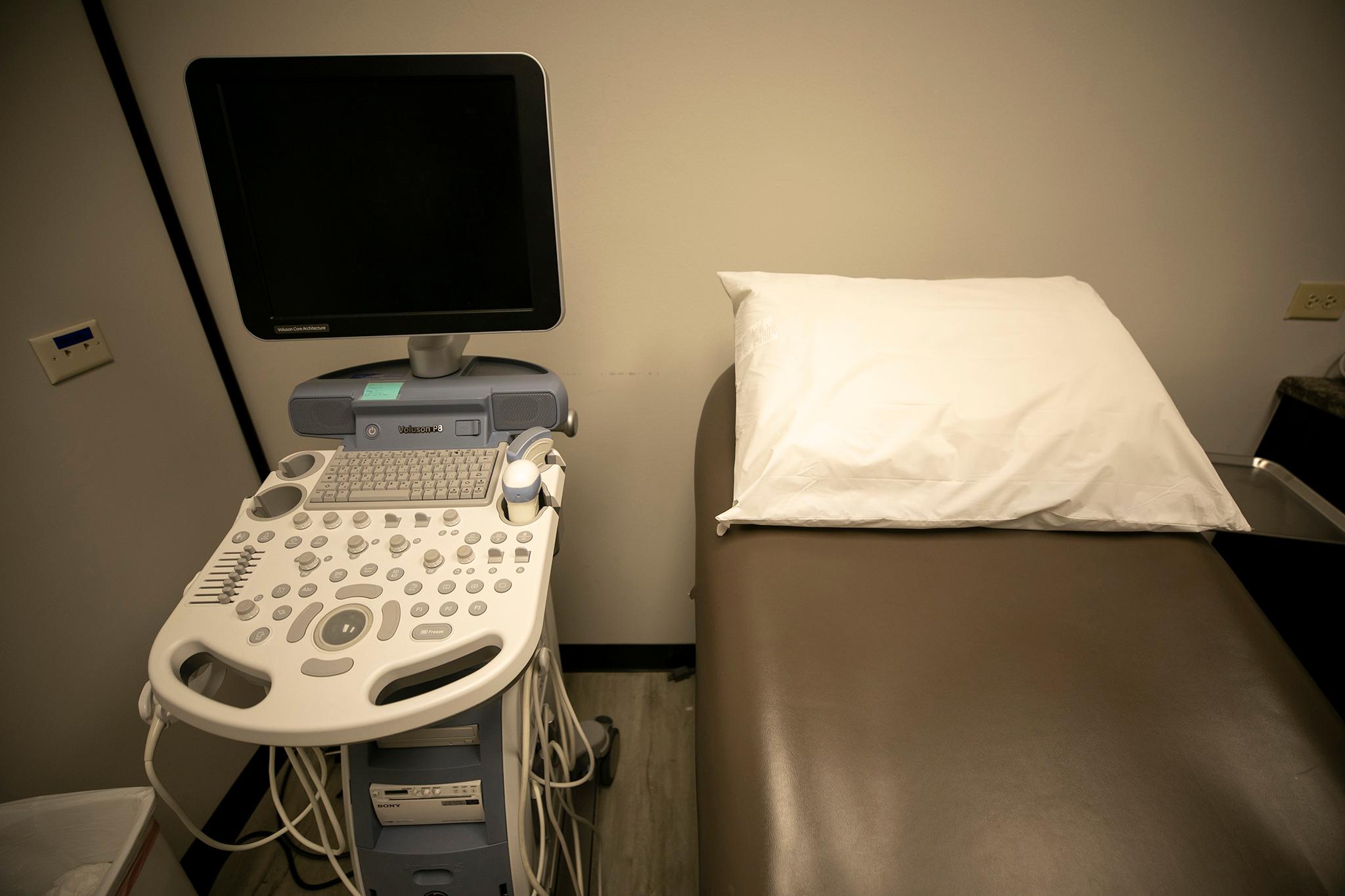
Colorado’s Medical Board appears close to finalizing rules for a controversial treatment that claims it can stop medication abortions.
Earlier this year, Democrats passed and Gov. Jared Polis signed a law that classifies providing so-called abortion pill reversals as “unprofessional conduct.” If it takes effect, Colorado will be the first state to effectively outlaw the procedure.
But tucked into the law is a caveat. The Colorado Medical Board, along with the nursing and pharmacy boards must first weigh in on whether the procedure is considered a “generally accepted standard of practice” or not. If they determine that abortion reversal meets that standard, then the ban wouldn’t take effect and these procedures could still continue.
A draft version of the Board’s rule that’s circulating would set new requirements on abortion reversals, but not ban them. The board has until October to finalize the rule, but could do so as soon as its meeting Thursday.
“The Board will not treat medication abortion reversal as a per se act of unprofessional conduct,” reads the draft. Instead, the Board would investigate complaints related to medication abortion reversal procedures, “in the same manner that it investigates other alleged deviations from generally accepted standards of medical practice…”
The draft rule also includes a requirement for patients to be told about the risks and benefits before getting the treatment, as well as the “likelihood of intended outcome” should they go ahead.

In a medication abortion, a person takes two different drugs, up to 48 hours apart. The first, Mifepristone, blocks the hormone progesterone and stops the development of the pregnancy. The second, Misoprostol, induces a miscarriage. The reversal procedure tries to interrupt that process by administering a big dose of progesterone after the first pill.
The country’s largest medical associations, including the American Medical Society and the American College of OBGYNs, do not consider this procedure safe or scientifically sound.
“We just don't have data or scientific evidence to support it and we have data that actually shows that it's potentially really unsafe and puts people at risk,” said Georgia family planning Dr. Nisha Verma. She’s a fellow with American College of OBGYNs and has been following what’s happening in Colorado. She says offering the treatment isn’t ethical.
“If it was a treatment that was safe and a patient wanted it, we would absolutely support it. It's just not something that's been shown to be safe or evidence-based.”
Many medical groups have submitted written comments to the state Boards regarding their concerns about allowing the procedure to continue, and opponents of legal abortion are also watching the rulemaking closely.
They’ve argued that Colorado’s law violates their constitutional rights, by targeting religious clinics’ duty to help pregnant women in need — and especially trying to help women continue their pregnancies if they change their mind about having an abortion.
“No public health goal is served by denying Colorado women a treatment available in every other state even to women who have changed their minds and choose to continue their pregnancy after taking one abortion pill,” said a court filing in a lawsuit by a Catholic health care clinic that sought to block the law. The lawsuit is on hold pending this rulemaking.
Meanwhile Democrats and advocates for abortion access said the medical boards aren’t following what the legislature asked of them if they don’t give a definitive answer to whether the procedure meets the accepted standard of practice. Some argue that as long as the final rule doesn’t include that wording, the ban can still take effect.
“To be at the place where the boards are putting it on a case-by-case basis and putting the burden on patients to come forward is extremely disappointing,” said Democratic Sen. Faith Winter, one of the main sponsors of Senate Bill 190.
She said she feels like the rulemaking is going against the legislative intent, “because we said for this to happen in Colorado, you have to stay it is standard practice. And for them to move forward without saying it’s standard practice and letting this practice continue is not the intention.”Colorado is taking a very different approach to the issue compared to many conservative states; as of 2021 (before the Supreme Court allowed states to ban abortion outright), 14 states had laws requiring physicians to inform patients that a medication abortion can be reversed.









